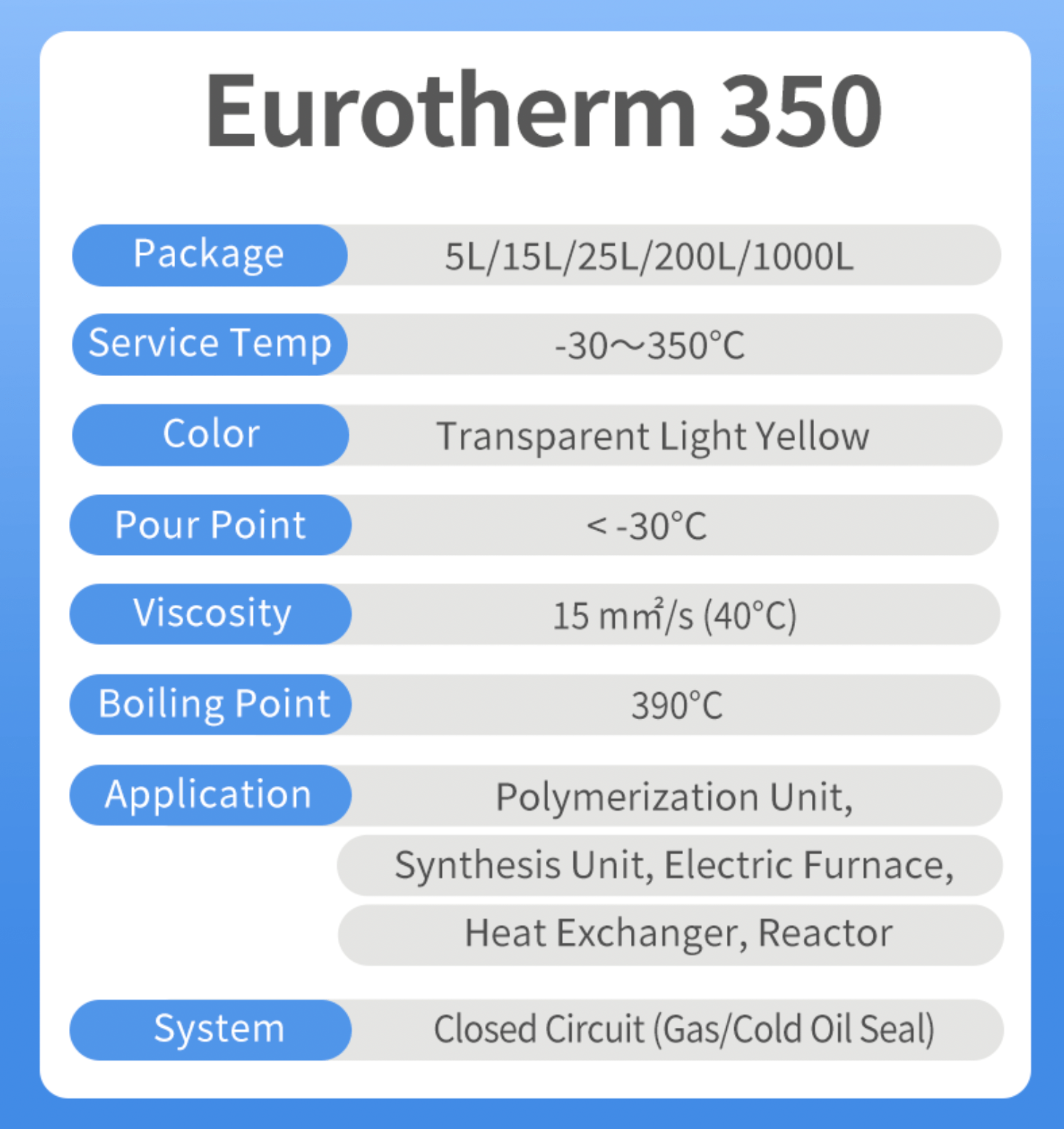The Definitive Guide for Chemie
The Definitive Guide for Chemie
Blog Article
More About Chemie
Table of Contents3 Simple Techniques For ChemieWhat Does Chemie Do?What Does Chemie Do?Chemie Things To Know Before You Get ThisThe Best Strategy To Use For ChemieChemie Fundamentals Explained
(https://www.gaiaonline.com/profiles/chemie999/46990986/)Calculated adjustment in electrical conductivity of fluid examples as a feature of time when stirred with the material example in the shut indirect air conditioning loophole experiment. Number 6 reveals the change in the gauged electrical conductivity of the liquid samples when stirred with the material sample. The conductivity of the water sample from the shut loophole experiment reduced by about 70% from 11.77 S/cm to 3.32 S/cm in six hours.These outcomes showed that the capacity of the material depends upon the examination fluid made use of for the experiment. This reveals that different ions present in the fluid will result in different ion exchange capability of the liquid. Determining the ion exchange material capacity with the liquid sample from the real cooling loophole is vital.
Chemie Fundamentals Explained
An ion exchange resin cartridge containing 20g of Dowex mixed bed material may take on order 938 days to saturate - fluorinert. To put it simply, to maintain a low electrical conductivity, a material cartridge with the dimension and weight specification as that of the material cartridge made use of in the experiment, need to be changed every 30 months for the cooling system that was made use of in the experiment
The cooling of digital parts has actually become a major challenge in recent times due to the developments in the design of faster and smaller sized components. The use of a fluid coolant has come to be appealing due to the greater warm transfer coefficient accomplished as contrasted to air-cooling.
The Basic Principles Of Chemie
A single stage cooling loop is composed of a pump, a heat exchanger (cool plate/mini- or micro-channels), and a heat sink (radiator with a fan or a liquid-to-liquid warm exchanger with chilled water air conditioning). The warmth resource in the electronic devices system is connected to the warmth exchanger. Fluid coolants are additionally utilized in two-phase systems, such as warmth pipes, thermo-siphons, sub-cooled boiling, spray air conditioning, and direct immersion systems [2, 4]
The requirements might vary depending upon the kind of application. Adhering to is a checklist of some basic needs: Good thermo-physical residential properties (high thermal conductivity and specific warm; reduced viscosity; high unrealized warm of evaporation for two-phase application) Low freezing point and ruptured factor (often burst security at -40 C or reduced is needed for delivery and/or storage space objectives) High atmospheric boiling point (or low vapor pressure at the operating temperature) for solitary stage system; a narrow desired boiling point for a two-phase system Good chemical and thermal security for the life of the electronic devices system High flash factor and auto-ignition temperature level (sometimes non-combustibility is a need) Non-corrosive to products of construction (steels in addition to polymers and various other non-metals) No or marginal regulatory constraints (eco-friendly, safe, and potentially eco-friendly) Affordable The best electronics coolant is a low-cost and safe liquid with exceptional thermo-physical properties and a long solution life.
The Greatest Guide To Chemie
Many of these liquids have a non-discernible smell and are safe in situation of call with skin or consumption. As stated in the past, aliphatic PAO-based fluids have changed the silicate-ester fluids in a range of military electronics (and avionics) cooling down applications in the last decade. One more course of popular coolant chemistry is dimethyl- and methyl phenyl-poly (siloxane) or generally understood as silicone oil.
Fluorinated compounds such as perfluorocarbons (i.e., FC-72, FC-77) hydrofluoroethers (HFE) and perfluorocarbon try this site ethers (PFE) have specific special buildings and can be used touching the electronic devices [4, 8] Of all, these liquids are non-combustible and non-toxic. Some fluorinated substances have no ozone diminishing prospective and various other environmental residential properties.
This coolant is identified as toxic and ought to be managed and disposed of with care. The quality of water utilized for the preparation of a glycol option is extremely vital for the system.
The Greatest Guide To Chemie

Aside from lack of toxicity, it has no advantages over ethylene glycol, being higher in expense and even more thick. This is an affordable antifreeze remedy, locating use in refrigeration solutions and ground resource heatpump. Comparable to glycols, this can be inhibited to quit corrosion. This liquid can be made use of down to -40 C owing to its fairly high rate of warm transfer in this temperature variety.
It is considered more hazardous than ethylene glycol and subsequently has actually discovered usage just for process applications situated outdoors. Methanol is a flammable fluid and, as such, introduces a possible fire hazard where it is saved, managed, or utilized. This is a liquid option of denatured grain alcohol. Its main benefit is that it is safe.
The 4-Minute Rule for Chemie
As a flammable fluid, it calls for particular precautions for handling and storage. Liquid options of calcium chloride locate broad usage as distributing coolants in food plants. The primary applications of these liquids are in the food, drink, pharmaceuticals, chemical and weather chamber applications, just recently these liquids have actually been examined for single-phase convection cooling of microprocessors.
Report this page